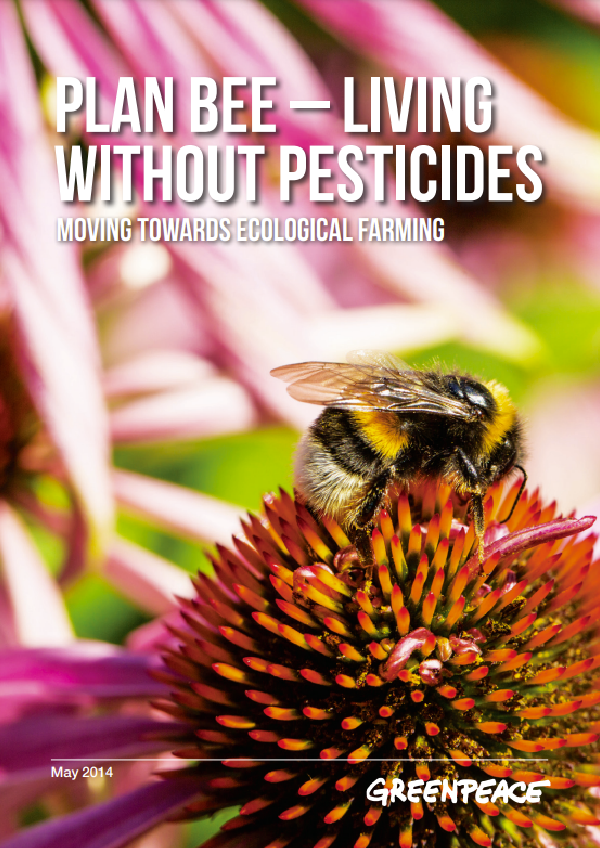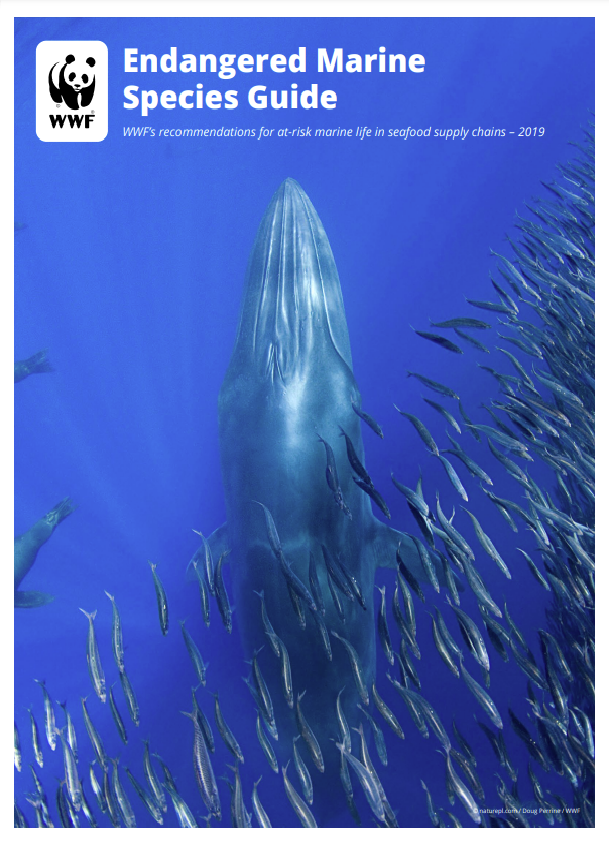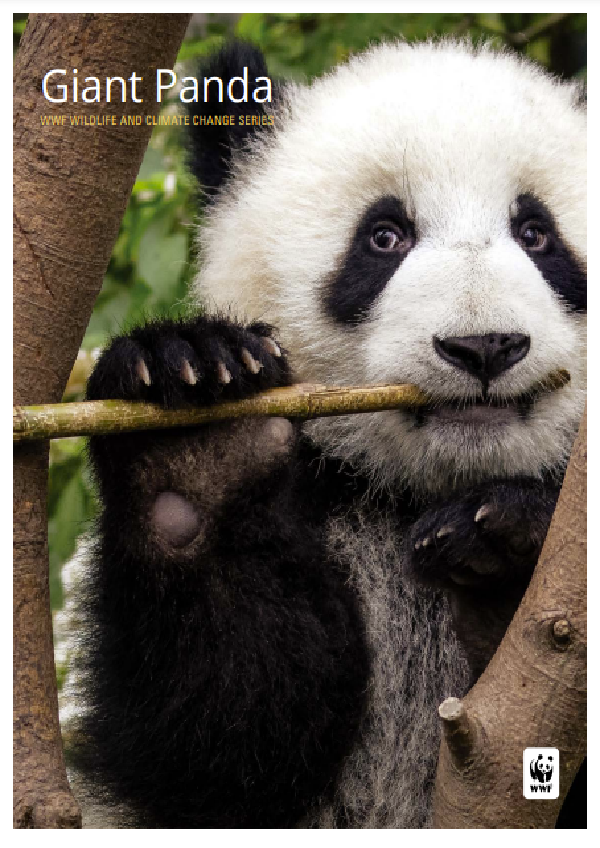The drastic decline of wild and managed bee populations recorded in recent years in Europe and North America is alarming given our reliance on these insect pollinators for biodiversity and global food security.
Managed honey bees have sharply declined, for instance, by 25% in Europe between 1985 and 2005. This decline of bees has led to the concept of a global “pollination crisis” – a situation where pollination services by bees are limited and this, in turn, may cause the yield and quality of crops to deteriorate.
The introduction to this report highlights the importance of bees for global food security and is followed by a chapter describing the factors causing bee declines. The next chapter looks at how farming methods and agricultural landscapes impact bees. Recommendations, based on scientific studies to protect and restore bee populations in Europe, are made. The final chapter provides a review of scientific literature on ecological pest control. This can provide a means to eliminate the use of synthetic chemical pesticides in industrial farming. Research, considered together with existing ecological farming practices, confirms that we don’t need pesticides to deal with the pests that live on the crops we want to produce.
This report clearly shows that agricultural solutions – to ensure the survival of native bee diversity within Europe and save domesticated bees – are enshrined in the concept of “Ecological Farming”. Ecological farming aims to preserve important ecosystems and their functions, thereby supporting native bee populations and the pollination services they provide. Ecological farming ensures healthy food for today and tomorrow by protecting soil, water, and climate. In addition, it promotes biodiversity and does not contaminate the environment with chemical inputs or genetically modified organisms. Ecological farming employs ecological pest control methods and natural means of fertilizing the land. It employs the use of crop rotations and cover crops, the use of resistant crop varieties and mixed cropping, and promotes the continued development of scientific knowledge.
The drastic decline of wild and managed bee populations recorded in recent years in Europe and North America is alarming given our reliance on these insect pollinators for biodiversity and global food security. Managed honey bees have sharply declined, for instance, by 25% in Europe between 1985 and 2005. This decline of bees has led to the concept of a global “pollination crisis” – a situation where pollination services by bees are limited and this, in turn, may cause the yield and quality of crops to deteriorate.
Scientific research shows that a diversity of wild bee species is paramount for ensuring sustainable crop production. Thus, we cannot rely solely on one species – managed honey bees – for pollination. The diversity of wild bee species is also essential to ensure food is delivered to our tables every day. Recent scientific studies have shown that chemical-intensive industrial agriculture is implicated in the decline of bees and the pollination services they provide to our crops and wildflowers. Ever-increasing applications of fertilizers, herbicides, and insecticides and their synergistic negative impacts on bee health (Johnston et al. 2014, Tirado et al. 2013) and loss of natural and semi-natural habitat on the field, farm, and landscape levels are major drivers of bee declines. Further, the modern industrial farming model also causes problems of the growing resistance of pests and weeds, decreased soil fertility and water retention, contamination of groundwaters, high energy input and CO2 emissions, as well as reduced resilience and increased vulnerability to climate change. In addition, under this paradigm farmers become increasingly dependent upon seeds and chemical products from multinational companies. These are just some examples of the negative impacts resulting from current chemical-intensive industrial agriculture practices.
As an alternative, a model based on modern ecological farming methods could ensure food production and avoid the negative impacts outlined above. Scientific studies discussed in this report show that the implementation of ecological farming is feasible and in fact the only solution to the ever-increasing problems associated with chemical-intensive industrial agriculture. Ecological farming, which includes some organic agricultural methods, promotes biodiversity on farmland and supports the restoration of semi-natural habitats on farms as ecological compensation areas for bees and other wildlife. Ecological farming does not rely on the use of synthetic chemical pesticides and herbicides and, thereby, safeguards bees from the toxic effects of these agrochemicals.
Source: Greenpeace (http://www.greenpeace.org)











